These female directors are changing the landscape of film as we know it
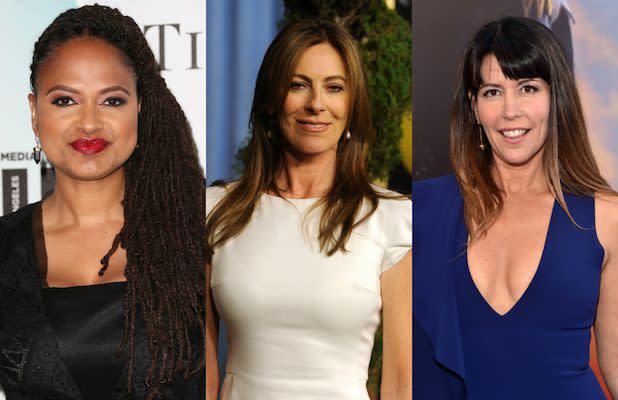
From the outside, it looks like women are decently represented in the film industry – just think of all of the actresses who are household names and who get to play fascinating and diverse characters – but look a little closer and you’ll see it’s still men who are trusted to lead and direct most of the films we watch.
According to a recent New York Times article, one of the reasons for this might be a lack of economic pressure on Hollywood execs to put more women behind the camera: it doesn’t affect ticket sales in the same way that a lack of a diverse lead might. Only 8% of the top-grossing 250 films in the US last year were helmed by women.
The female directors who are able to wield their power behind the scenes are opening our eyes: to new perspectives, experiences and a different way of making movies we want to watch. Here are some of our favourite female directors you need to know about.
Greta Gerwig
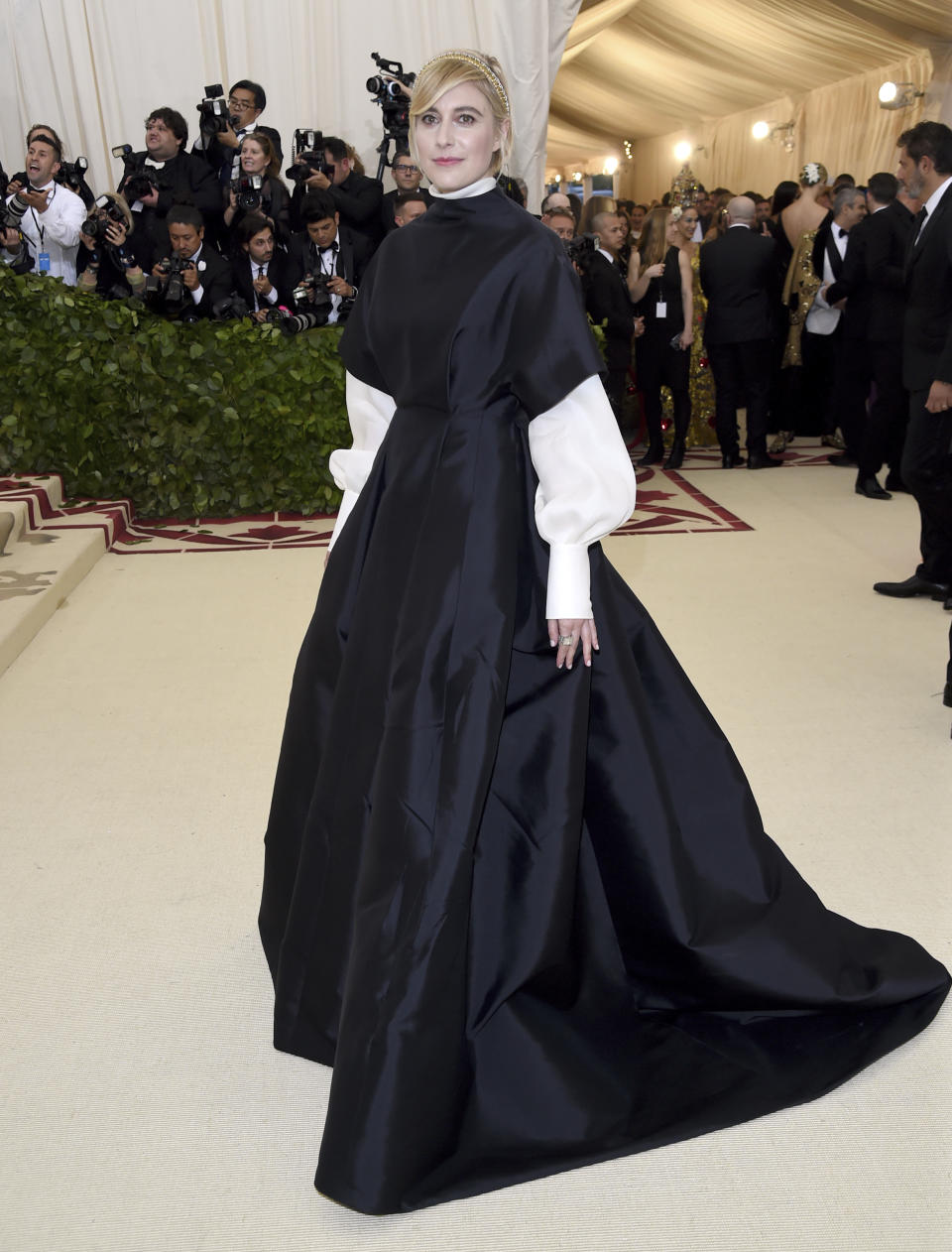
Gerwig has long been on our radar for her acting and writing talent (hello, Frances Ha) but she proved she can also make a phenomenal film with Ladybird, which won a Golden Globe and numerous other nominations. Her upcoming adaptation of Little Women, in cinemas next December, features an all-star cast including Meryl Streep, Saoirse Ronan, Emma Watson, Florence Pugh, Eliza Scanlen and Timothée Chalamet, and is one of the most anticipated movies of 2019.
READ MORE: Only 5% of the UK’s pilots are female, but why

Kathryn Bigelow
One of the best moments in Oscars history included Kathryn Bigelow. Rewind back to 2010, when Bigelow took home the prize for Best Picture and Best Director for her low-budget war drama, The Hurt Locker, beating out her ex-husband James Cameron’s Avatar, one of the most expensive movies of all time with an “official budget” of $237 million (it ended up costing way more). She also made history that night, as the first-ever female to win the Best Director gong. Bigelow’s no one-hit wonder: her 2013 film, Zero Dark Thirty, received an Oscar Best Picture nomination.

Melina Matsoukas
A music video director who has been behind the camera of some of your favourite Queen Bey, Lady Gaga, Rihanna and Kylie Minogue vids, we’re all counting down until Matsoukas’ directorial feature film debut, Queen and Slim, written by Lena Waithe and James Frey and starring Jodie Turner-Smith and Daniel Kaluuya, scheduled for release in November 2019.
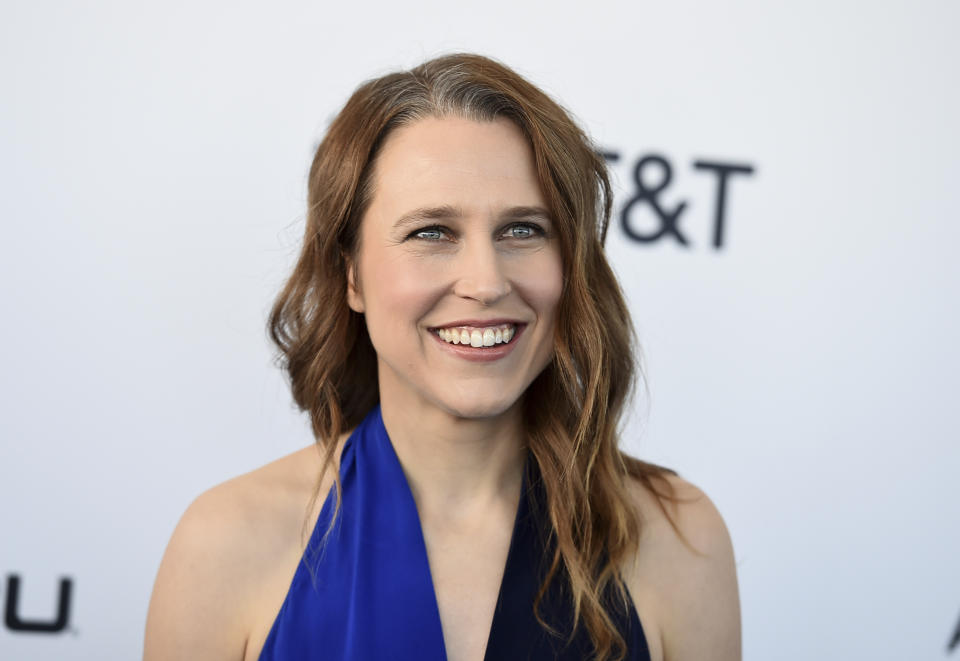
Josephine Decker
This indie American film director uses unconventional techniques and surreal imagery to bring her stories to life. Nowhere is this better displayed than in her latest release, Madeline’s Madeline, which follows a teenager whose life and art start blurring together and has critics enraptured.

Claire Denis
The veteran French director is going to be a household name among all English speakers thanks to her latest feature – and English language debut – High Life, starring Robert Pattinson as a death-row criminal in outer space.
READ MORE: Female tech entrepreneurs who play by their own rules
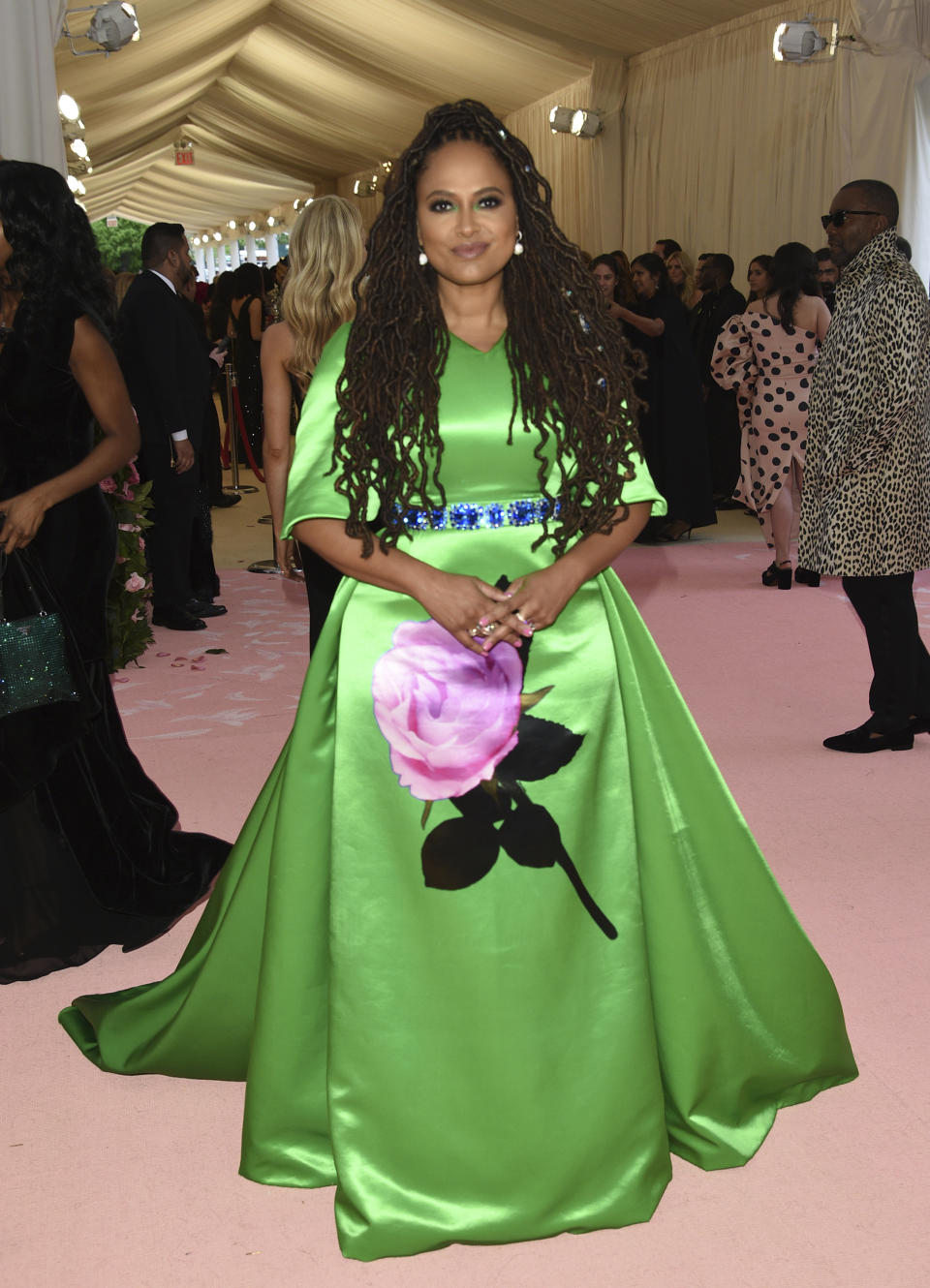
Ava DuVernay
The activist and director is the first African-American female director to receive a Golden Globe nomination and have a film nominated for a Best Picture Oscar for Selma. Upcoming projects include the Netflix series, When They See Us, about the Central Park Five and a biopic on Prince. “There’s something very important about films about black women and girls being made by black women. It’s a different perspective. It is a reflection as opposed to an interpretation, and I think we get a lot of interpretations about the lives of women that are not coming from women,” she says.
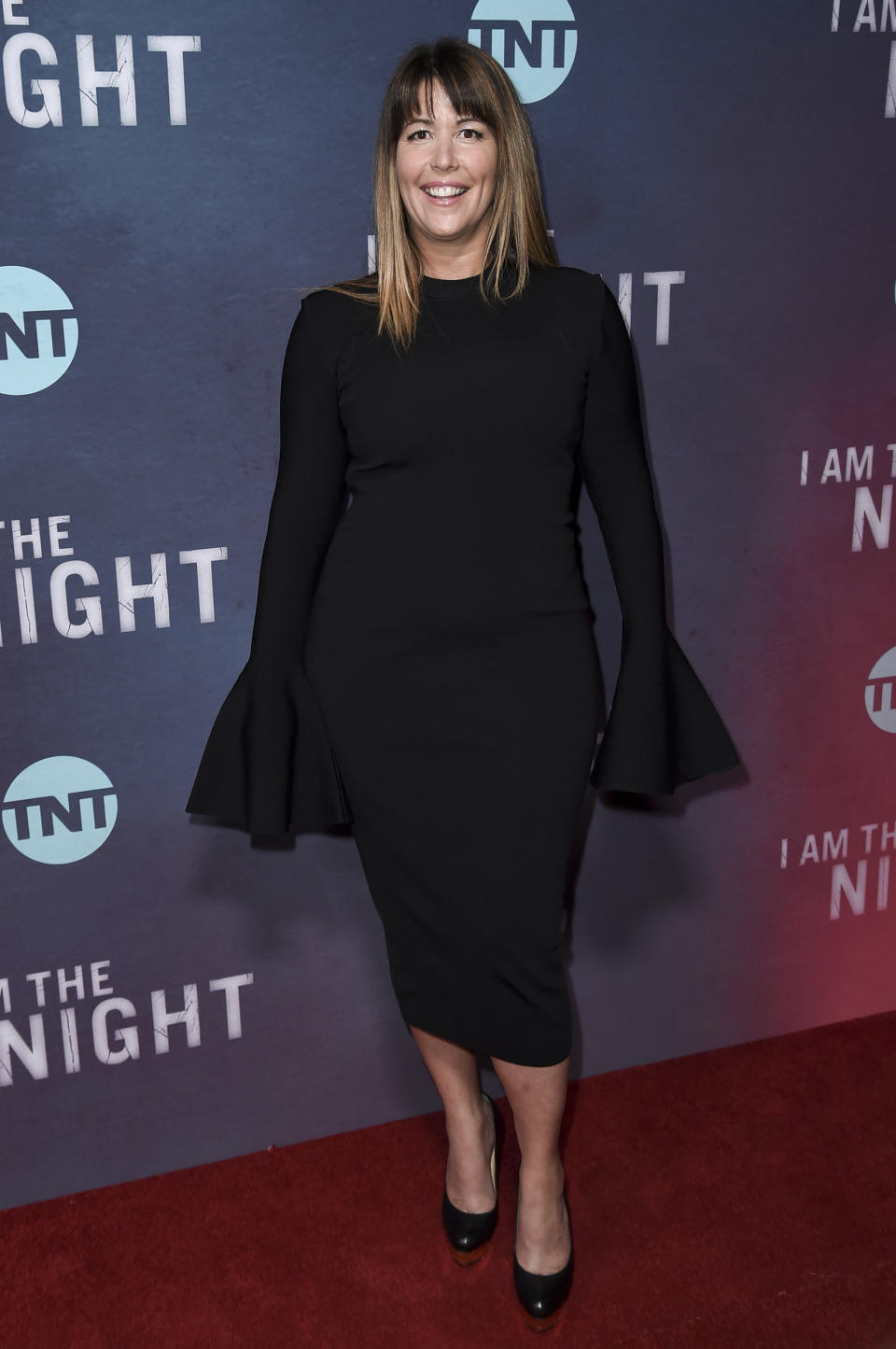
Patty Jenkins
Believe it or not, Jenkins was the first woman to direct an American studio superhero movie with 2015’s Wonder Woman. Remember the collective jaw drop when we all realised her star, Gal Godot, was five months pregnant during most of filming (which only added to the superhero effect, naturally)? Jenkins is still one of a handful of female directors who’s been entrusted with a budget of over $100 million on a movie; Bigelow and DuVernay are two others. We can’t wait to see what she does with all that cash for Wonder Woman 2 and 3.

Mati Diop
Diop made waves recently when her film Atlantiques won a place in the Cannes competition, making Diop the first female of colour in Cannes’ 72-year history to get a film in the prestigious lineup (there are only three other female directors showcased this year). “It was sad to learn that in 2019 such a thing had never happened before – there is still a long way to go. If as a young African filmmaker I can represent a minority that still has very little access to that kind of selection, that’s a good thing. But I’d rather stay a little detached. It was almost as if my smaller story was encountering a much larger story. I really want the film to be taken for what it is, not for what I represent,” she says.
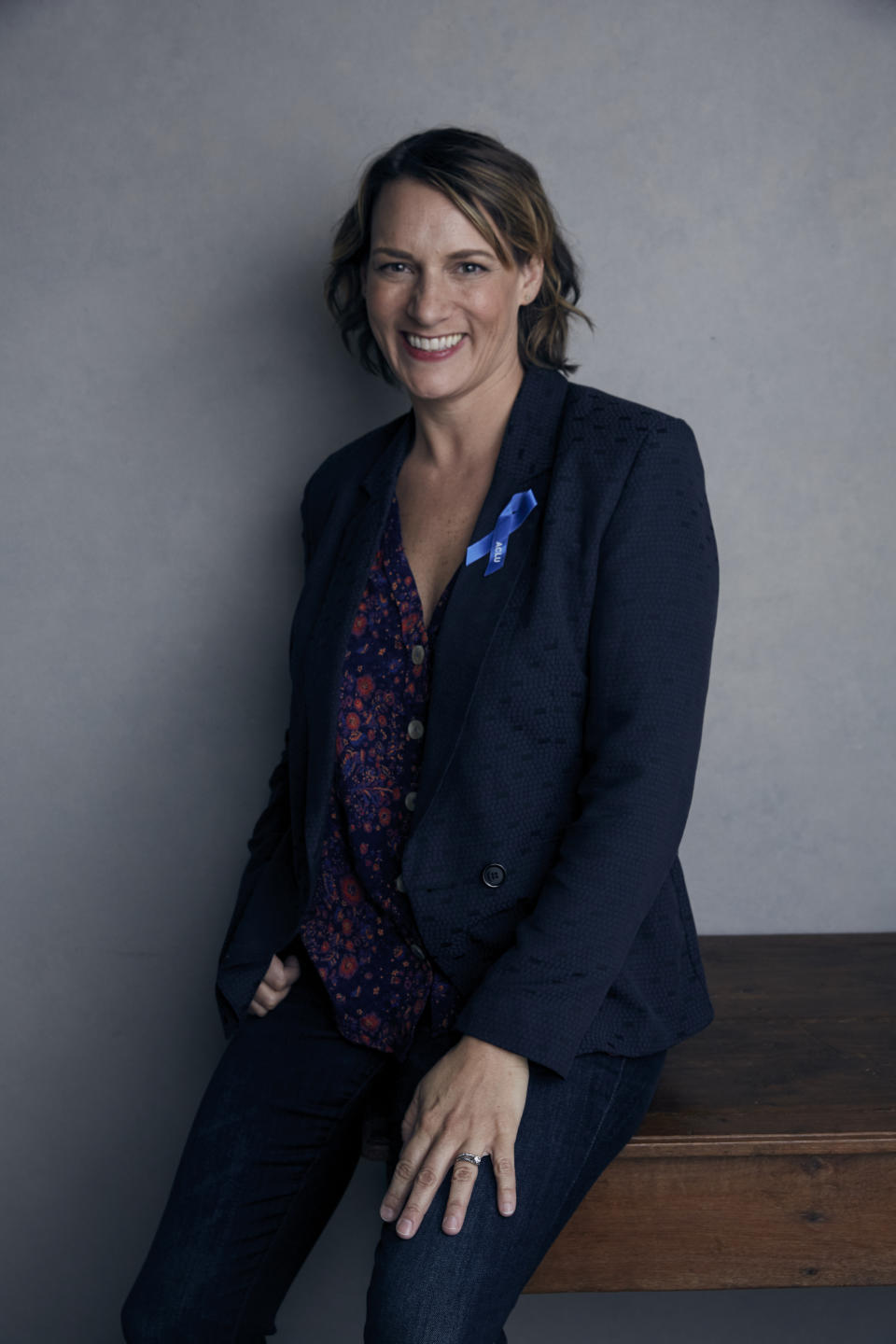
Amy Adrion
Filmmaker Amy Adrion is doing what she can to shed light on the systemic problem of the lack of female representation behind the lens. She made Sundance documentary Half the Picture in 2018, which celebrates the amazing work female film directors have produced and the discrimination they still face in Hollywood.

Erika Lust
Ethical, feminist porn is a thing, and one of the big voices at the helm of this new porn movement is Erika Lust’s. The feminist porn director from Sweden has made a name for herself with her sex-positive, realistic porn movies from the female perspective, instead of focusing on sexuality as seen through the male gaze with a focus only on male pleasure. “Feminist porn has a lot to do with diversity. Movies should represent people from different backgrounds, different races, different ethnicities, different body types, and different ages,” she says.


